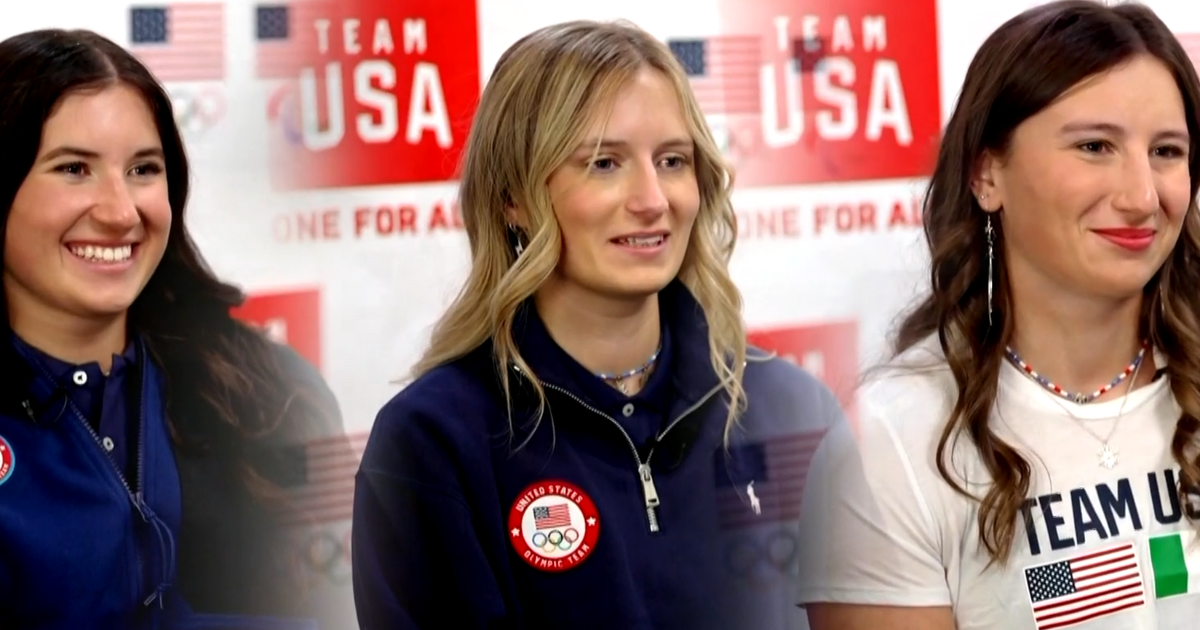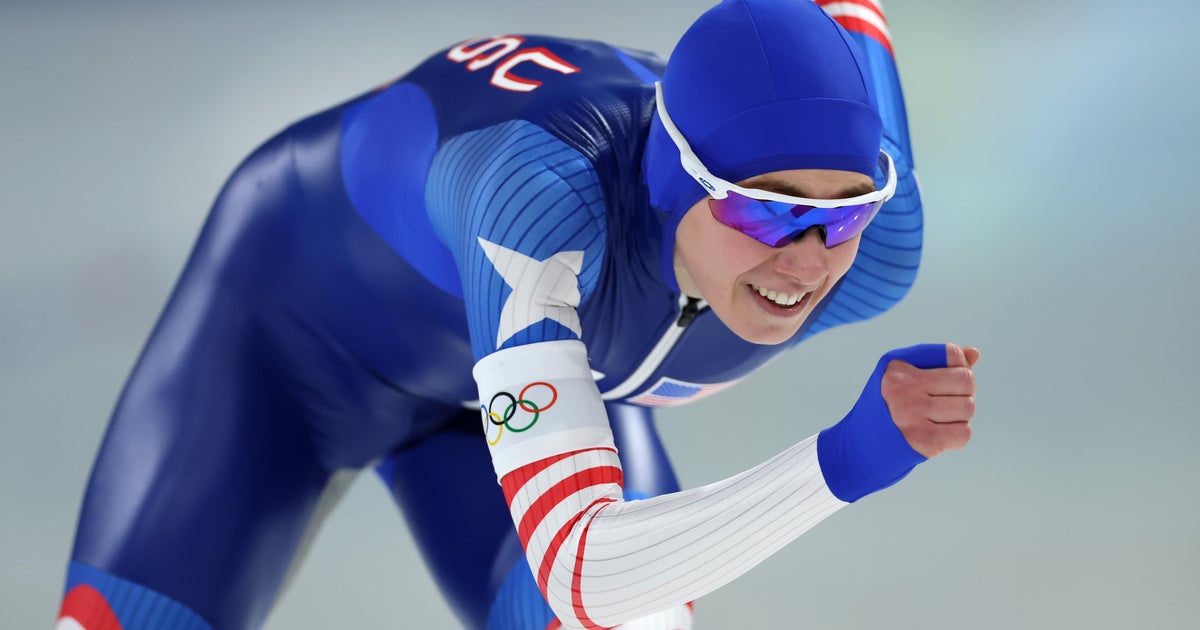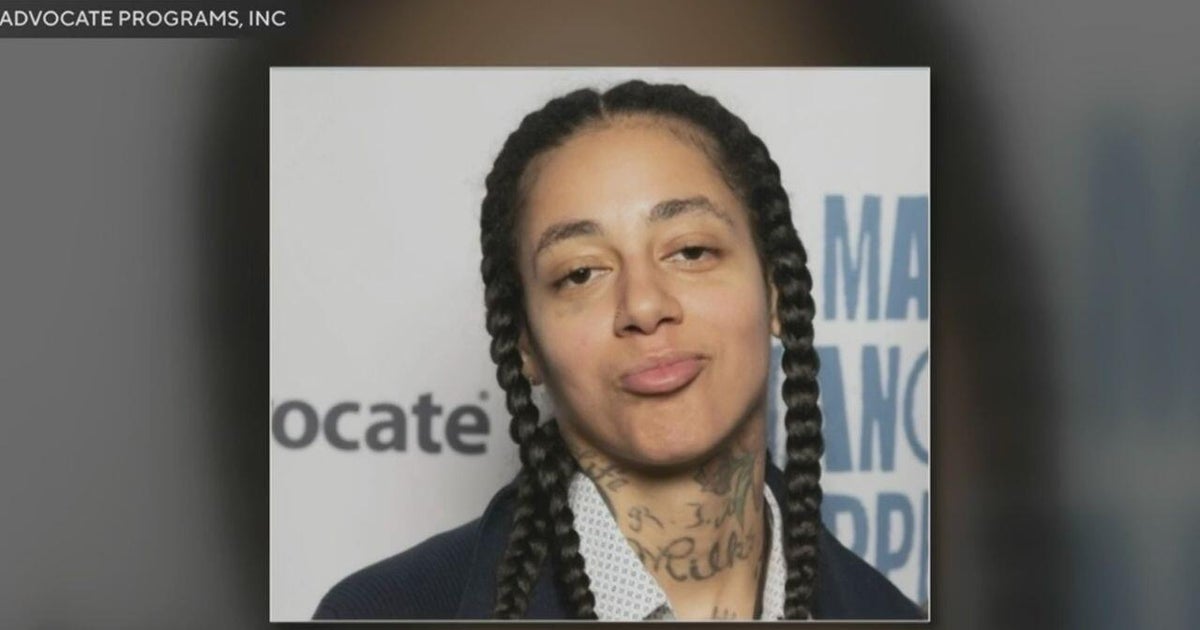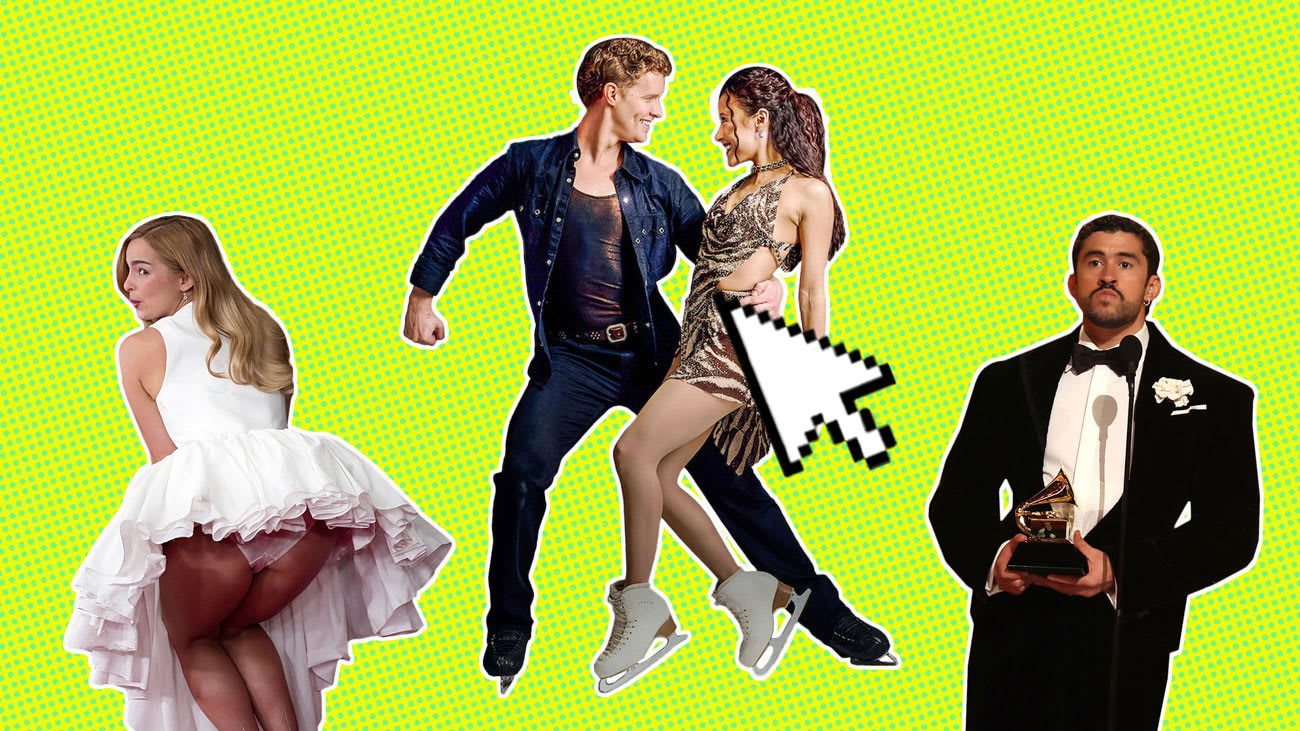Japan moves forward with Olympics despite COVID crisis and public doubts: "It's a tug of war"
As Tokyo marked 50 days until the start of the summer Olympics, most of Japan is still under a COVID-19 state of emergency.
Tokyo unveiled this year's gold, silver and bronze medals and winners podium with pomp even though many Japanese say the games should be called off.
The chief Olympics organizer said the games that were supposed to be held last year cannot be postponed again, CBS News' Ramy Inocencio reports.
The popular protest has engulfed the Olympic bubble, with Tokyo 2020 President Seiko Hashimoto forced to address concerns. In an interview with BBC, Hashimoto said all athletes will be in a bubble to defend their health, and if outbreaks should happen, organizers should be prepared to go "without any spectators."
The games have become a hot topic between health officials, Olympic organizers and the Japanese government. Japan societal expert Seijiro Takeshita says people need to get vaccinated, but it will be "very difficult" for Japan to accelerate enough to make sure everyone's protected.
"Obviously, it's a tug of war between Japanese public opinion," Takeshita told Inocencio.
The pace of vaccination has been slow. Japan vowed to administer 1 million doses daily. It currently is only giving 500,000 per day.
More infections and deaths are happening now compared to when Tokyo froze the games in March 2020. Japan's top COVID-19 adviser said, "It's not normal to hold the Olympic games in a situation like this."
A state of emergency has just been extended to June 20. It now blankets much of Japan. Around 10,000 Olympic volunteers of 80,000 have now quit.
Tokyo expects 15,000 athletes from about 200 countries and thousands of coaches, officials and journalists. This has some Japanese concerned that when the thousands of people return back to their countries, Japan will be left with another COVID-19 outbreak.
"That would be the worst-case scenario for the Tokyo Olympics," Takeshita said



